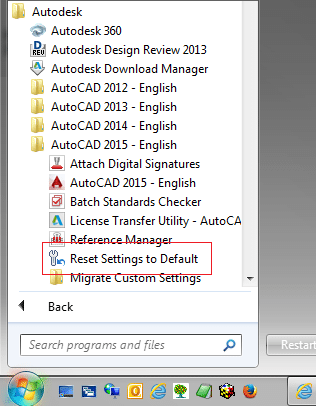
To write the same routine as a macro, we would put it all on one line, like this: We end up with this script to create an A1 PDF plot in our default plotting location:
AUTOCAD MATCHPROP ERROR AUTOCAD FOR MAC HOW TO
In the last post, we learned how to examine what we had previously written at the command line to write a script. Tip: You can of course, get the best of both worlds by using a command Macro to call a Script… Automate your plotting – reloaded The Bad – Writing long, complicated command Macro’s can be very difficult to debug. Macros can contain pauses for user input, but be careful – there is no error handling method in a Macro.

AutoCAD Command Macro’s can contain LISP code, and they can also contain DIESEL code (which is good for AutoCAD LT users). The Good – AutoCAD command Macros can be distributed via the CUI or tool palettes, making it much more intuitive for your users to use. Some internal training will be required to run your Scripts. The Bad – Loading Script files can be a fiddle, and your users will need to know where to find the Script files. This is not available to AutoCAD LT users.
AUTOCAD MATCHPROP ERROR AUTOCAD FOR MAC FULL VERSION
If you are using the full version of AutoCAD, you can use the LISP programming language within your script. AutoCAD scripts can contain comments, to remind you what the script does. Should you want to update a Script file, you only need to change it in one place for everyone to get the changes. AutoCAD scripts can be stored in a central location on your server. The Good – AutoCAD scripts can contain long lists of instructions for AutoCAD to follow. All you really need to automate AutoCAD is a good understanding of the sequence of commands that you need to complete to get the job done. I hope to demonstrate that the process of writing a Macro is the same as that of writing a Script. A Macro usually lives within your CUI or on a Tool palette.

In this post we will look at another automation tool – the command Macro. In my last post for CAD Notes, I showed you how to take a task that you perform frequently, and automate it by turning it into an AutoCAD script.


 0 kommentar(er)
0 kommentar(er)
